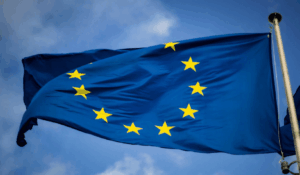What the EU Deforestation Regulation means for wooden pallet producers and what they can do
The European pallet industry is facing a significant regulatory change. The EU Deforestation Regulation (EUDR) is more than just a new set of rules. The EUDR comes into effect on December 30, 2025 for large companies and June 30, 2026 for small companies. It places the responsibility for compliance not on end-users, but on the producers, importers, and repairers of pallets. This article explains the new market reality and outlines a clear framework for what producers can do to prepare.
A new reality: from physical carrier to data product
The EUDR fundamentally changes what a wooden pallet is by linking its access to the market with verifiable data.
- The new rule: a new pallet (HS code 4415 in Annex I) cannot be legally sold without a due diligence statement proving its origin is deforestation-free.
- Data as an essential part: the required information, detailed in Annex II, includes the precise geolocation of where the timber was harvested. This data is now an essential part of the product.
- The result: the pallet has effectively become a “data-product.” The pallet cannot be legally sold in the EU without its compliant data package. For producers, this means the processes for verifying wood origin, which many started under the previous EUTR, must now be significantly upgraded.
A new market landscape: risks, costs, and the circular economy
This shift to data-driven pallets creates a new market with clear consequences that every producer must understand.
- Supply chains will restructure around risk. Sourcing decisions will now prioritize risk management over cost alone, favoring transparent suppliers in low-risk regions and potentially consolidating the supply base.
- Compliance is a new core operational cost. The unavoidable costs for technology (GIS, traceability software), specialized staff, and verified timber must now be built into company budgets and pricing models.
- The circular economy gets a boost. The EUDR’s focus on new products explicitly exempts used pallets from the rules. This strengthens the market for pallet reuse and repair but creates a challenge for repairers, who must ensure any new wood components they use are fully EUDR compliant.
What you can do as a producer: building a proactive framework for EUDR compliance
With the deadline approaching, waiting is no longer an option. These suggestions outline how producers can turn this regulatory obligation into a strategic advantage.
1. Build on a foundation of sustainability
Treat EUDR compliance not as an isolated task, but as a core component of your company’s commitment to sustainability. This builds trust with customers and stakeholders.
Leverage existing certifications. Prioritize sourcing wood with PEFC or FSC certifications. These provide a strong foundation for your due diligence. Plan to adopt the new PEFC or FSC standards, which will incorporate EUDR requirements, as soon as it is released.
2. Transform supplier relationships into partnerships
Your suppliers are your first line of defense. Move beyond a simple transactional relationship to one of active collaboration and shared responsibility.
Engage in joint development. Work directly with your suppliers to establish clear and efficient methods for gathering the required data and managing deforestation risks together.
3. Implement a rigorous internal due diligence system
Do not wait for the EU’s centralized information system to be fully operational. Create your own strict internal processes now to get ahead of the requirements.
Require a ‘declaration of honor’ from every supplier. This document should provide, at a minimum, the timber’s country and region of origin, the specific wood species, and a confirmation that the timber does not come from controversial sources.
Conduct a multi-faceted risk analysis. A thorough assessment must go beyond supplier declarations. Cross-reference the information you receive with independent, global indexes to verify claims and identify potential risks. Key resources include the Corruption Perception Index (CPI), the World Justice Project (WJP) Rule of Law Index, and the IUCN Red List of Threatened Species.
In short, the EU Deforestation Regulation should be seen not just as a hurdle, but as a complete reset of the market. It is a required evolution that permanently increases the importance of data, transparency, and supply chain management. For businesses in the European pallet industry, long-term success will now depend on how well they adapt to this new, data-driven reality.






